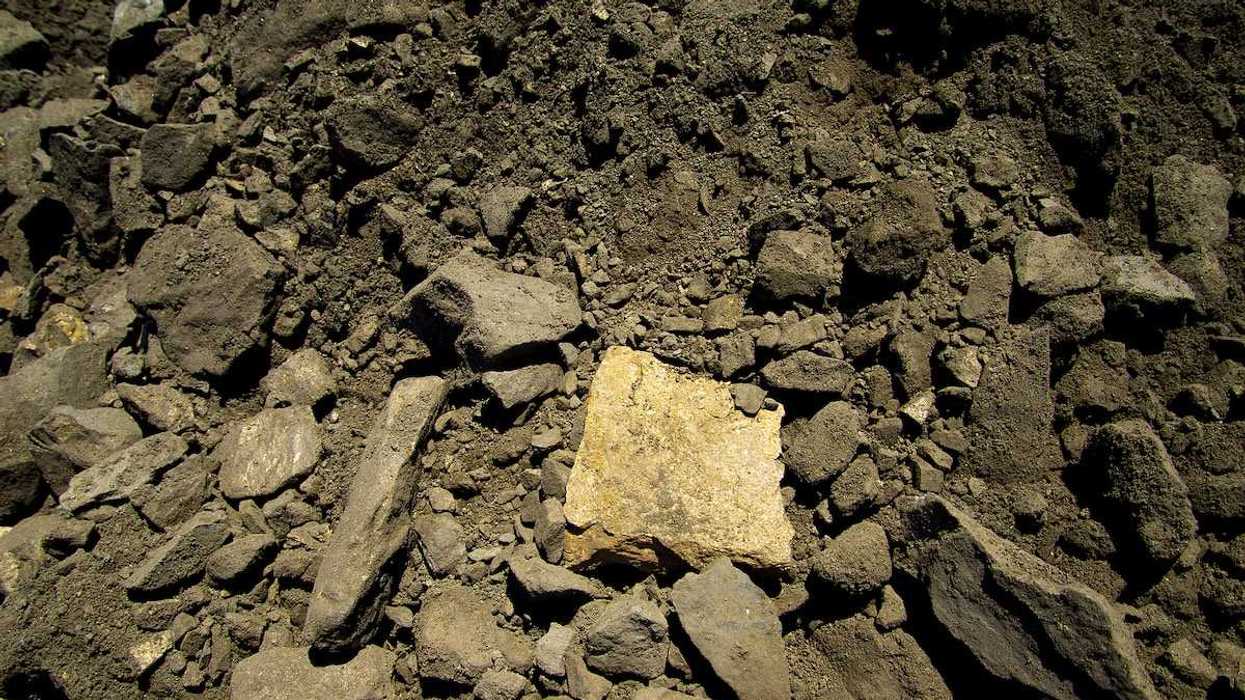Six years after the Port Alice pulp mill shut down, British Columbia continues to spend hundreds of millions in public funds to contain pollution from the site while lacking the legal tools to hold past and future operators accountable.
Zoë Yunker reports for The Tyee.
In short:
- The Port Alice mill, abandoned in 2019 by its last owner after years of neglect and pollution, has already cost the province $150 million in emergency cleanup and is expected to cost at least $170 million more. Hazardous waste, including dioxins and mercury, continues to threaten local ecosystems and community health.
- Despite warnings dating back to 2005, BC regulators lacked enforceable laws to require owners to properly decommission and clean up the site. Structural failures, including a 2023 landfill landslide, highlight the risks of long-term contamination from unmaintained industrial infrastructure.
- Over half of the province’s 24 pulp mills have shut down, with many sold off for token amounts to companies unlikely to fund cleanup. New laws passed in 2023 require financial assurance from industrial operators, but the regulations needed to enforce them are still incomplete.
Key quote:
“Every part of the site poses a significant environmental issue. By no means do we believe we have found all the dangerous goods located on the site.”
— Andy Jeves, director, Nucor Environmental Solutions Ltd.
Why this matters:
British Columbia’s pulp and paper industry once fueled local economies, but its environmental toll is now becoming clearer — and costlier. The Port Alice mill illustrates the toxic legacy of industrial abandonment when companies can shed liabilities through bankruptcy and legal gaps. Leaking landfills, decaying asbestos-laden buildings, and untreated chemical waste put ecosystems and human health at risk, especially for Indigenous communities like the Quatsino First Nation. Without enforceable laws, public agencies often take over cleanup costs, diverting funds from health, education, or climate initiatives. As more mills close, and as new extractive industries like LNG and mining ramp up, the absence of strong remediation standards leaves taxpayers on the hook for future disasters.
Related: British Columbia's handling of hazardous spills falls short, audit reveals














